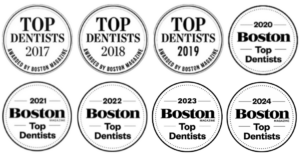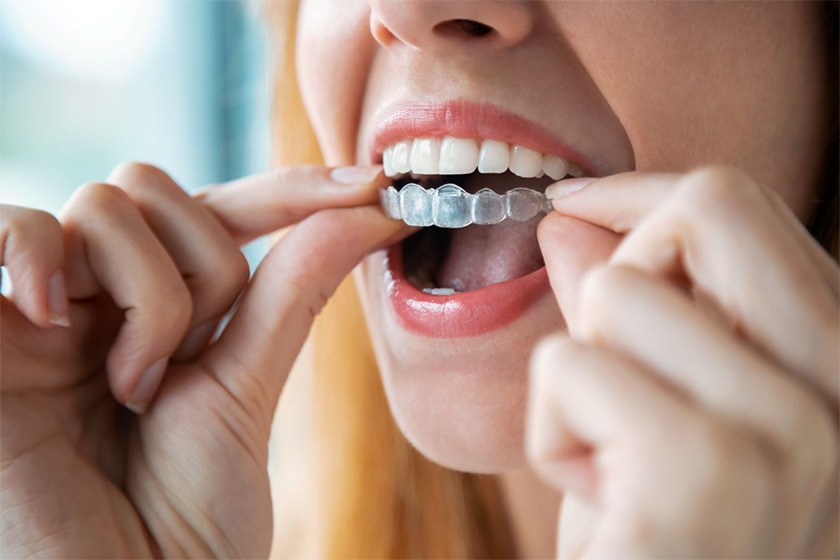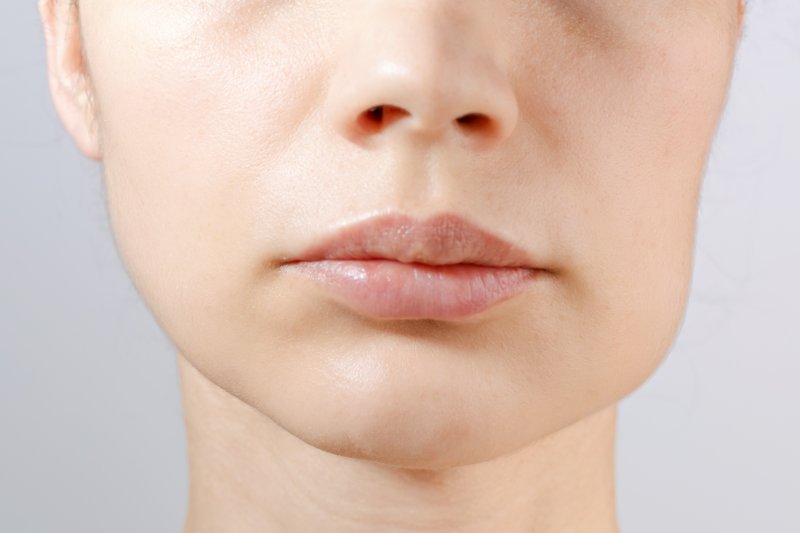Dental veneers are a popular cosmetic dentistry option for those looking to improve the appearance of their smile. Veneers are thin, custom-made shells that cover the front surface of your teeth, providing a natural and aesthetically pleasing result. In this comprehensive guide, we will discuss the process, benefits, and considerations of dental veneers.
What Are Dental Veneers?
Dental veneers are made from porcelain or composite resin and are designed to mimic the natural appearance of your teeth. They are bonded to the front of your teeth to improve their shape, color, and overall appearance. Veneers can be used to address a variety of dental issues, including:
- Discolored teeth that do not respond to whitening treatments
- Chipped or broken teeth
- Misaligned or uneven teeth
- Gaps between teeth
- Worn-down teeth
The Veneer Process
The process of getting dental veneers typically involves the following steps:
- Consultation: During your initial consultation, your dentist will evaluate your oral health and discuss your aesthetic goals. They will determine if veneers are the right option for you and create a treatment plan.
- Preparation: To prepare your teeth for veneers, your dentist will remove a small amount of enamel from the front surface of your teeth. This is necessary to ensure a proper fit and natural appearance. Impressions of your teeth will be taken and sent to a dental lab where your custom veneers will be made.
- Temporary Veneers: While your permanent veneers are being fabricated, your dentist may place temporary veneers to protect your prepared teeth and maintain your appearance.
- Placement: Once your custom veneers are ready, your dentist will check the fit and appearance before permanently bonding them to your teeth. Adjustments may be made to ensure a comfortable and natural-looking result.
Benefits of Dental Veneers
- Natural Appearance: Veneers are designed to mimic the natural color and translucency of your teeth, providing a realistic and aesthetically pleasing result.
- Durability: Porcelain veneers are highly durable and resistant to staining, making them a long-lasting solution for improving your smile.
- Minimally Invasive: The process of getting veneers is minimally invasive compared to other cosmetic procedures, such as crowns.
- Customizable: Veneers are custom-made to fit your unique dental structure and aesthetic preferences, ensuring a personalized result.
Considerations and Aftercare
While dental veneers offer many benefits, there are some considerations to keep in mind:
- Permanent Procedure: The removal of enamel is irreversible, making veneers a permanent solution. It is important to be committed to maintaining your veneers.
- Potential Sensitivity: Some patients may experience increased sensitivity to hot and cold temperatures after the placement of veneers. This typically subsides over time.
- Maintenance: To maintain the longevity of your veneers, practice good oral hygiene, avoid biting on hard objects, and visit your dentist regularly for check-ups and cleanings.
Conclusion
Dental veneers offer a versatile and effective solution for enhancing the appearance of your smile. Whether you are looking to address discoloration, chips, or misalignment, veneers can provide a natural-looking and durable result. By understanding the process, benefits, and considerations of dental veneers, you can make an informed decision about your cosmetic dentistry treatment. Consult with your dentist to determine if veneers are the right option for you and take the first step towards achieving a beautiful, confident smile.






